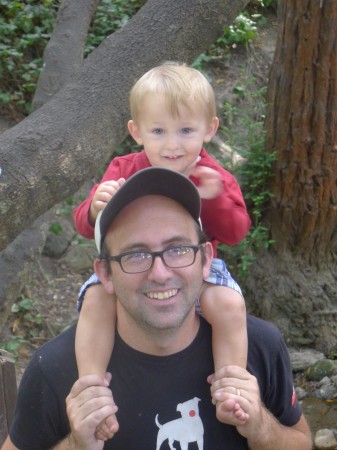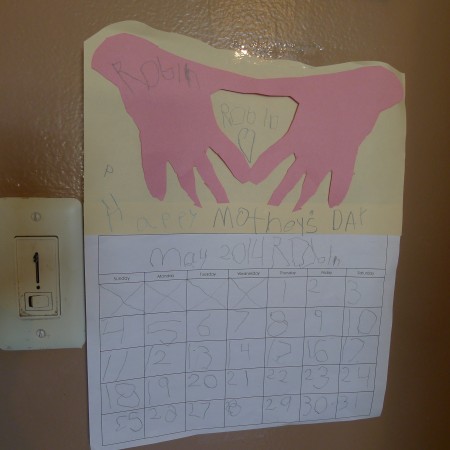The New York Times today ran an opinion piece titled “The Right to Write” by Roxana Robinson which I really want to respond to, because it’s so very shallow, self-serving, and misleading. It begins:
I sat on a panel once with another novelist and a distinguished African-American critic, to discuss Harriet Beecher Stowe’s novel “Uncle Tom’s Cabin.” The critic said, “Of course, as a white woman, Stowe had no right to write the black experience.” The other novelist said lightly, “No, of course not. And I had no right to write about 14th-century Scandinavians. Which I did.”
The exchange made me wonder: who has the right to our stories?
For centuries, African-Americans couldn’t fully participate in the literary conversation, since for many of them literacy was forbidden. Why wouldn’t they resent the fact that their stories were told by whites? But does this mean that, as novelists, we can write stories only of our own race, our own gender, our own subcultural niche?
Stowe used other people’s stories as sources, but what drove her to write was her own outraged response to slavery. She has the right to that response. Isn’t it better that Stowe wrote her book, instead of staying respectfully mute because the stories were not hers to tell? It was the narrative strands about the black experience that gave the book such emotional potency, and made it such a powerful abolitionist force.
Who owns the story, the person who lives it or the person who writes it?
Robinson goes on to reveal that she herself has written a novel about a subculture (in this case war veterans) to which she does not belong, and that she has received protests from readers that she misrepresented their experiences. Her essay is basically a defensive one.
But do I have the right to write about a firefight in Falluja, if I wasn’t there? Does it demonstrate respect and admiration for the soldiers, and show evidence of their importance in our culture? Or does it insult those who risked their lives, if I take literary possession of that experience? Am I exploiting other people’s experience for my own ends?
She goes on to protest that her ends are pure, that Shakespeare did it too, and she ends by retreating into a vague musical metaphor that conveniently allows her insinuate answers to the questions she has laid out without having to state her case plainly. Perhaps because it’s an ugly case:
And how does exploitation get into this discussion? Because the word suggests ignorance and deception, an imbalance of power.
Well, yes, that is what the word suggests. And it gets into this discussion because it is the central issue under discussion. Robinson’s entire piece is an attempt to dance around, dismiss, and distract from the question of exploitation, but that is the question. Not whether Robinson has the “right” to write about a firefight in Fallujah: in the narrow legal sense, of course she does. Free speech gives writers the legal right to write about anything they want.
And free speech also gives those whose stories are written the right to respond, even to respond with outrage if they feel it is warranted. Writers are not rendered immune from criticism simply because their intentions are good, or they have “radical empathy,” in Robinson’s formulation. She started by invoking Harriet Beecher Stowe: yes, Stowe had the “right” to write Uncle Tom’s Cabin. James Baldwin also had every right to his critical take-down of Uncle Tom’s Cabin. He calls it “a very bad novel” marred by dishonesty and prejudice. Baldwin in fact concludes that the stereotypes Stowe created or affirmed in her anti-slavery books are a continuation of the same attitudes that enabled slavery in the first place: “Below the surface of this novel there lies, as it seems to me, a continuation, a complement of that monstrous legend it was written to destroy.”
Baldwin’s essential criticism of Uncle Tom’s Cabin is that it is dishonest. The black characters are all reduced to stock types, rendered unthreatening through the denial of their essential humanity and agency. And as Baldwin says: “The formula created by the necessity to find a lie more palatable than the truth has been handed down and memorized and persists yet with a terrible power.”
So yes, I think it’s incredibly telling that Robinson reaches toward Stowe in self-defense—and then asks, with such wide-eyed bewilderment, “And how does exploitation get into this discussion?”
Go ask James Baldwin how, he told you in 1949.
In summary: of course writers may (even must) draw from beyond their own lives and experiences in their books. But when you start telling other people’s stories, you shoulder a particular responsibility to get it right. Baldwin isn’t criticizing Stowe for writing about slaves, he’s criticizing her for writing badly about slaves. Similarly, Robinson shouldn’t worry about whether she has the “right” to write about soldiers in combat. She should worry about whether, having assumed that burden voluntarily, she has fulfilled her responsibility to the truth.















